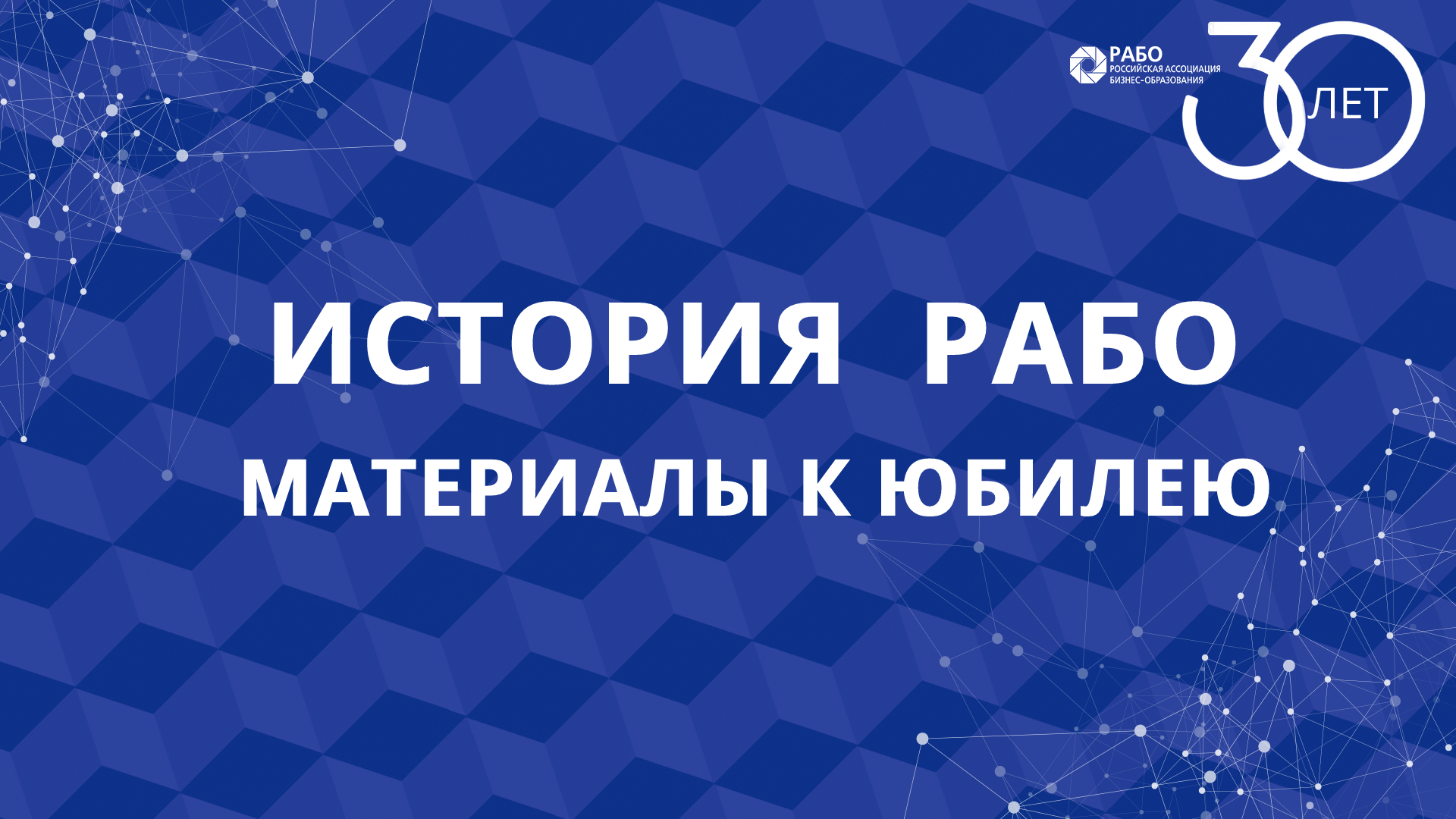Introduction to information systems
С открытой датой
Описание мероприятия
Язык обучения: английскийОписание программы
This course is intended to provide a broad introductory understanding of information systems.
Aims and objectives
- This course provides a broad introductory understanding of information systems, seen within organisational and societal contexts. The aim is to provide students with an appropriate balance of technical and organisational perspectives to serve as the basis for further study in the field.
Assessment
This course is assessed by a three-hour unseen written examination (75%) and coursework (25%)
Учебный план:
Information systems concepts: Information and data. Capture of data, storage, processing and display. Information systems in organisations, the digital economy. Introduction to systems ideas and their application to information handling activities. The sociotechnical character of information systems.
Information systems within organisations: The roles and functions of information systems within organisations including providing management information, supporting e-commerce, supporting knowledge work and undertaking transaction processing. Use of information by various types of people and as applied to various types of task. New models of organising. Information systems management roles and structures. Students are expected to undertake small investigative case studies of information systems within local organisations as part of their study.
Information and communications technologies: Introduction to computer hardware and software. Communications technologies and networks, the internet. Data storage systems, files and databases. Cloud computing. Operating software, applications packages and user written programmes. Open source software. Social networking. (Note: this does not entail any particular knowledge of electronics, rather it is concerned with the major components and the logical structures of a computer as exemplified in popular personal computers and networks including the internet.)
Systems development: Information systems development approaches; life cycle, prototyping, incremental models. Systems analysis tasks, methodologies, modelling and agile methods. Data modelling. Systems implementation. Professional roles in systems development. Criteria for successful applications development. Systems implementation and the management of change.
Practical coursework: The coursework has two elements. A design and implementation of a small database, and design and implementation of a spreadsheet model. No specific brands of software are required to be used, but typical examples would be Excel for spreadsheets and Access for databases. (A student can equally use other software, for example the open source desktop software found in the package Open Office.)
Результат обучения:
At the end of the course and having completed the essential reading and activities students should be able to:
- explain fundamental assumptions made in studying information and communications technologies in organizations as socio-technical systems in contrast to purely technical or managerial views.
- debate the relevance of the sociotechnical approach and demonstrate this through the study of a number of practical business and administrative information systems within real organisations
- express a logical understanding of how the technical parts of computer-based information system work, their principal structures and components including contemporary technologies for information processing and communications
- explain the various functions of systems and network software and various classes of businessoriented application packages
- describe fundamental principals that can be applied to ensure that security and personal privacy is respected in information systems
- explain the tasks required when undertaking the establishment of a new information system and be able to contrast alternative approaches to development
- describe and justify a range of professional roles in information systems development activity, and their changing nature reflecting in part changes in technology use in and between organizations
- discuss the social, organisational, legal and economic context of computer use and be able to debate the significance of information and communications technologies on the economy and society
- demonstrate, through project work, understanding of the analysis and design of small projects using database and spreadsheet programs, and the ability to write brief but informative reports on such work.
Требования к поступающим:
This course may not be taken with IS2136 Information systems and organisations.




